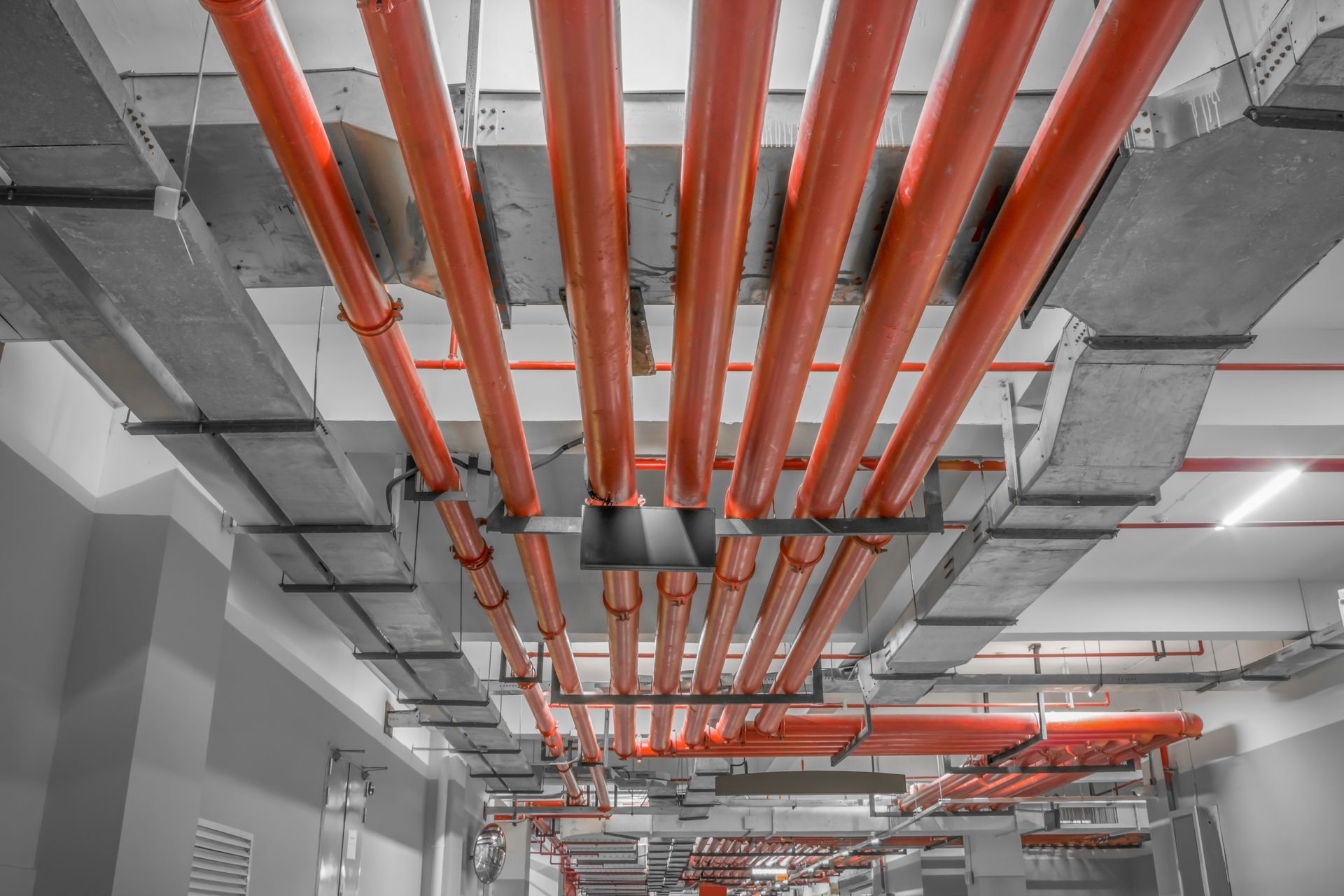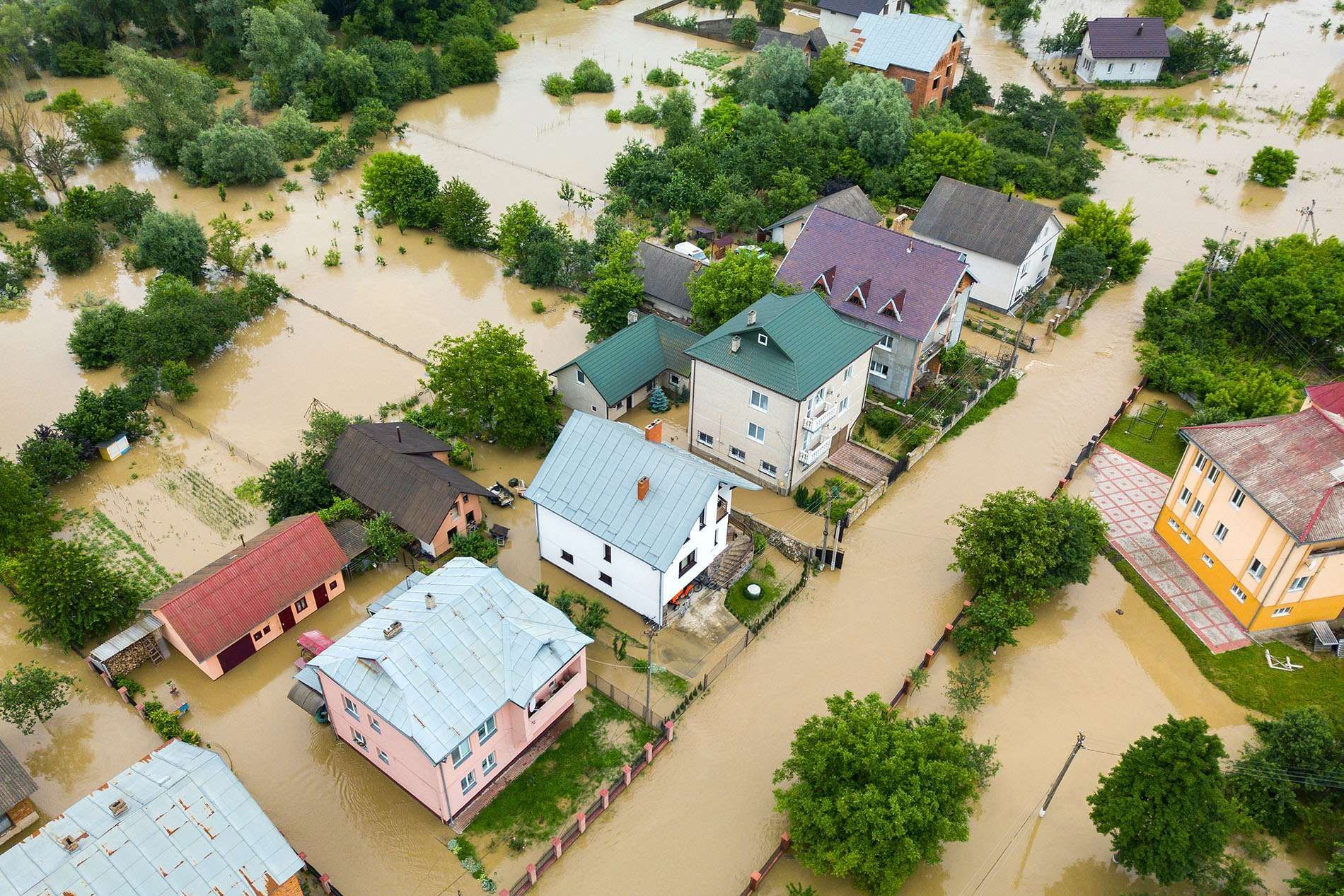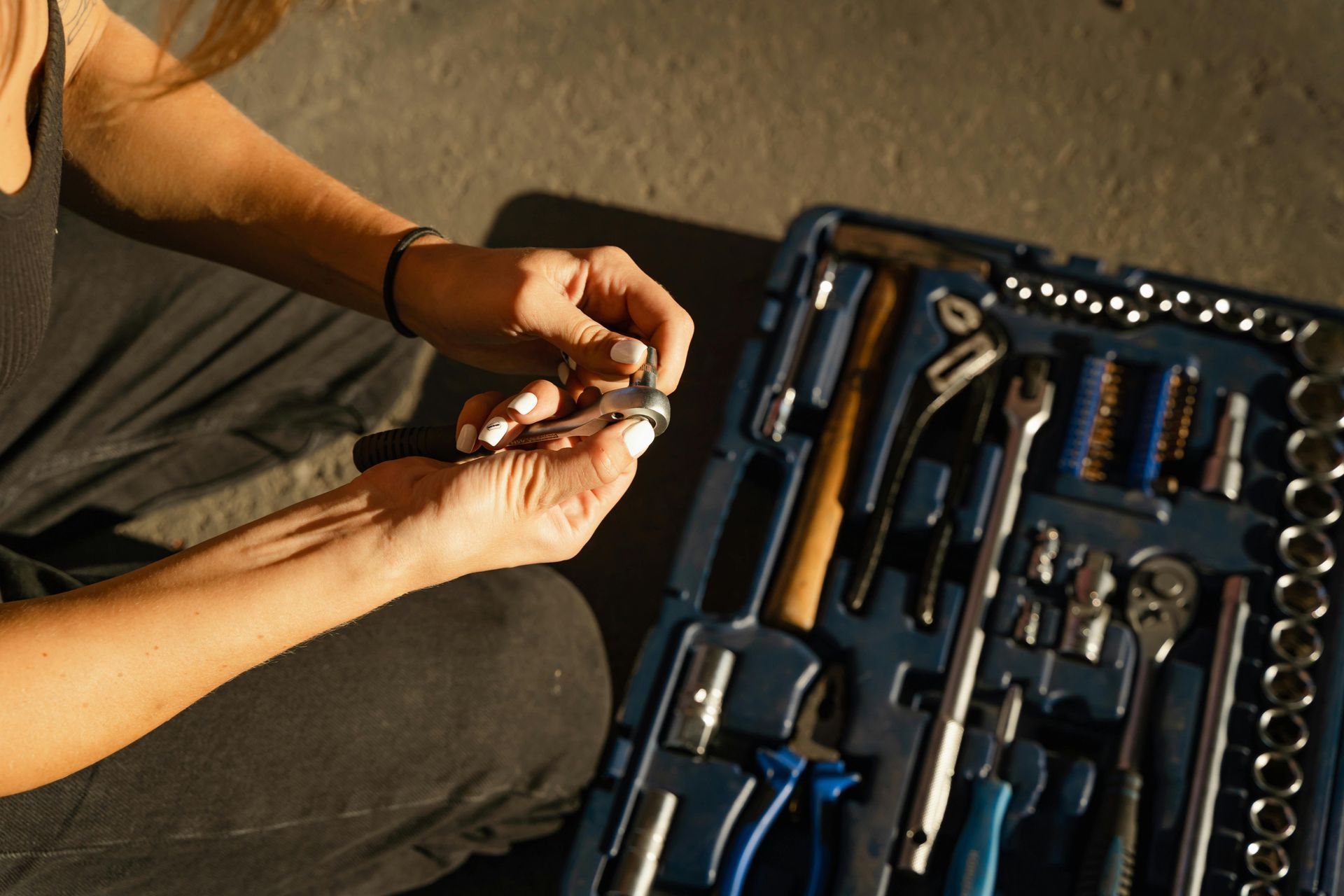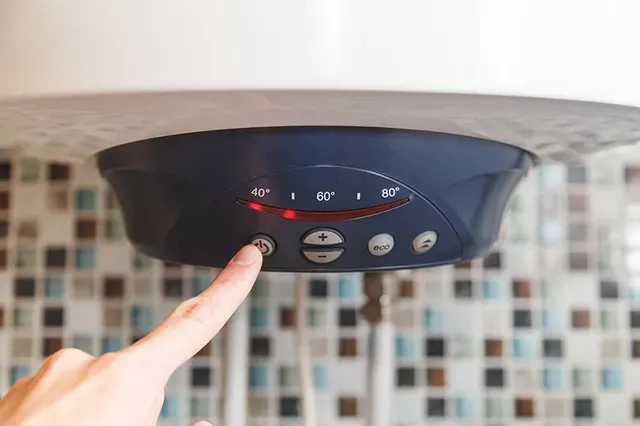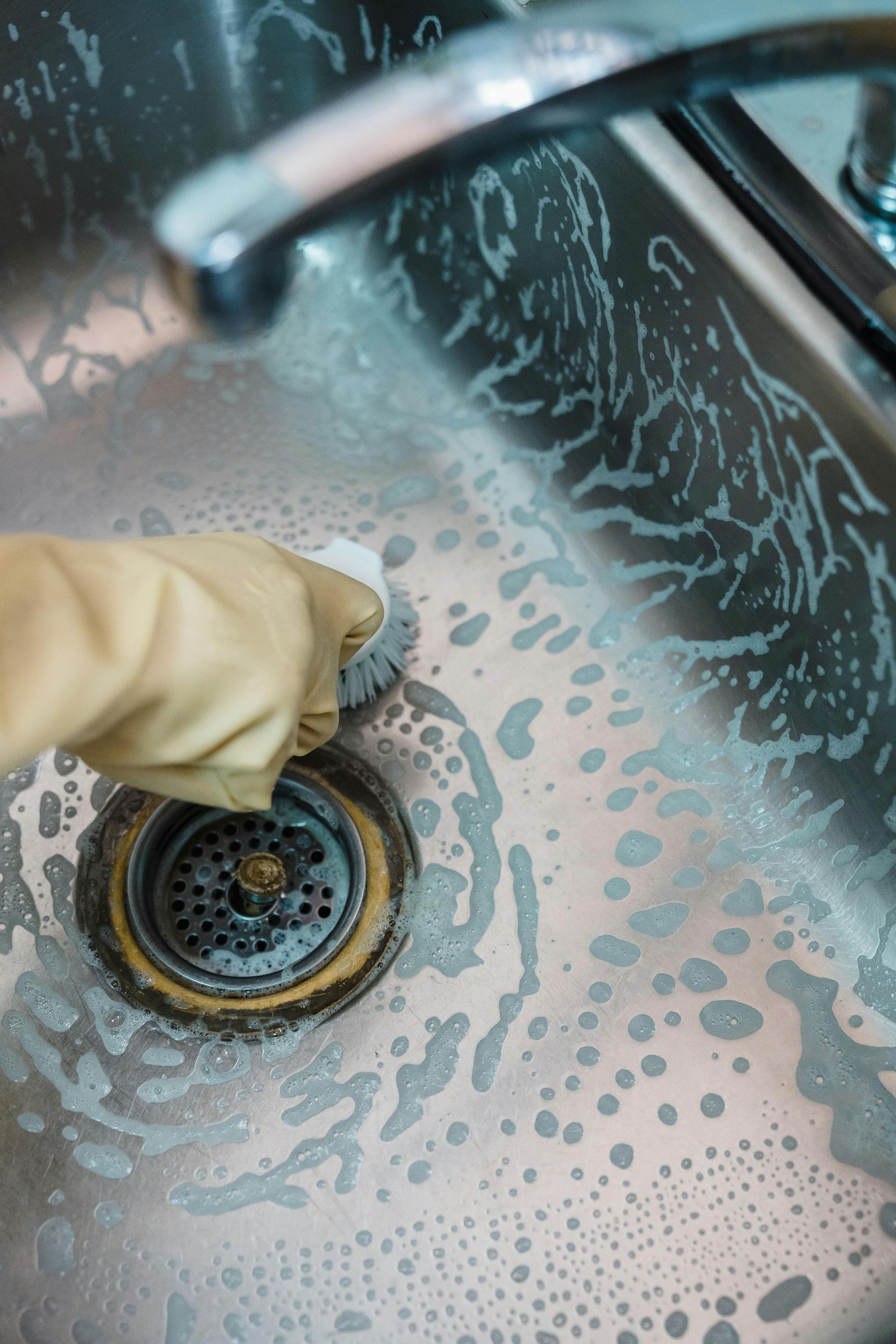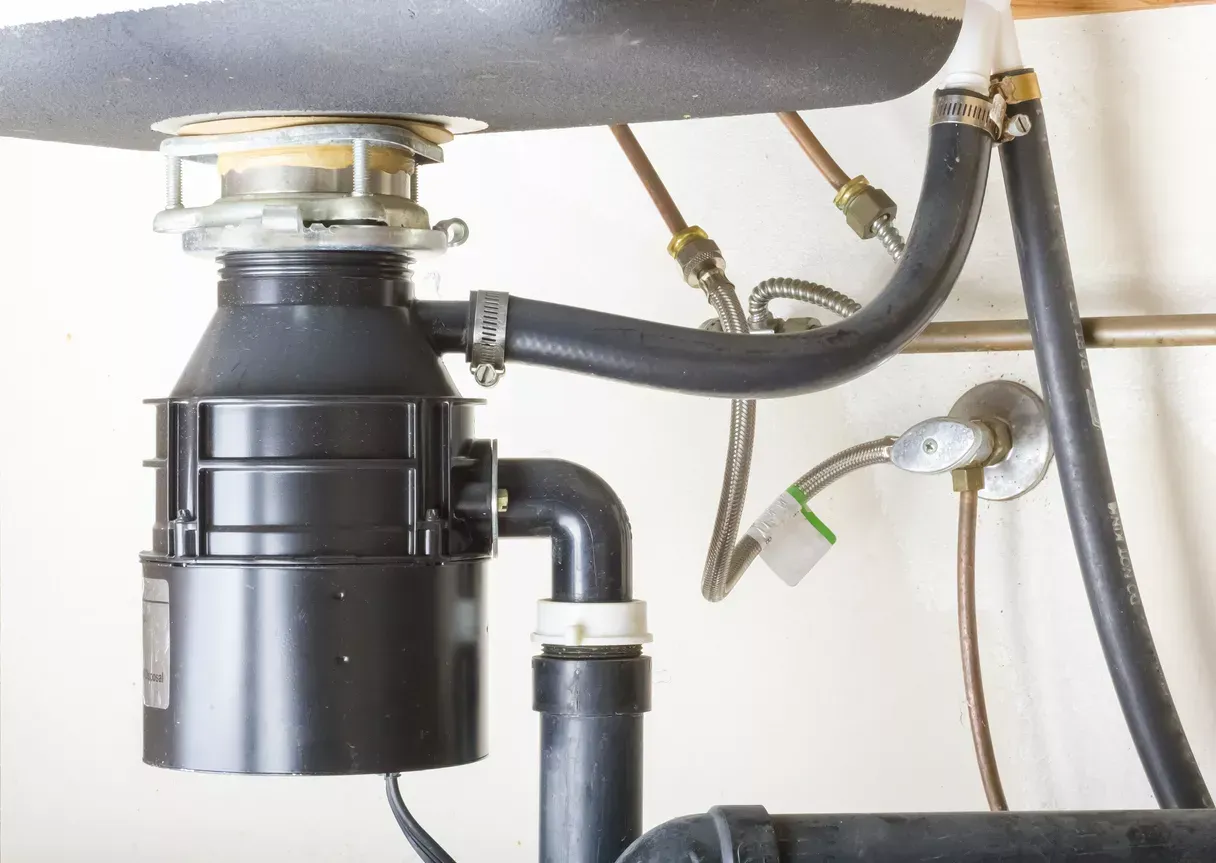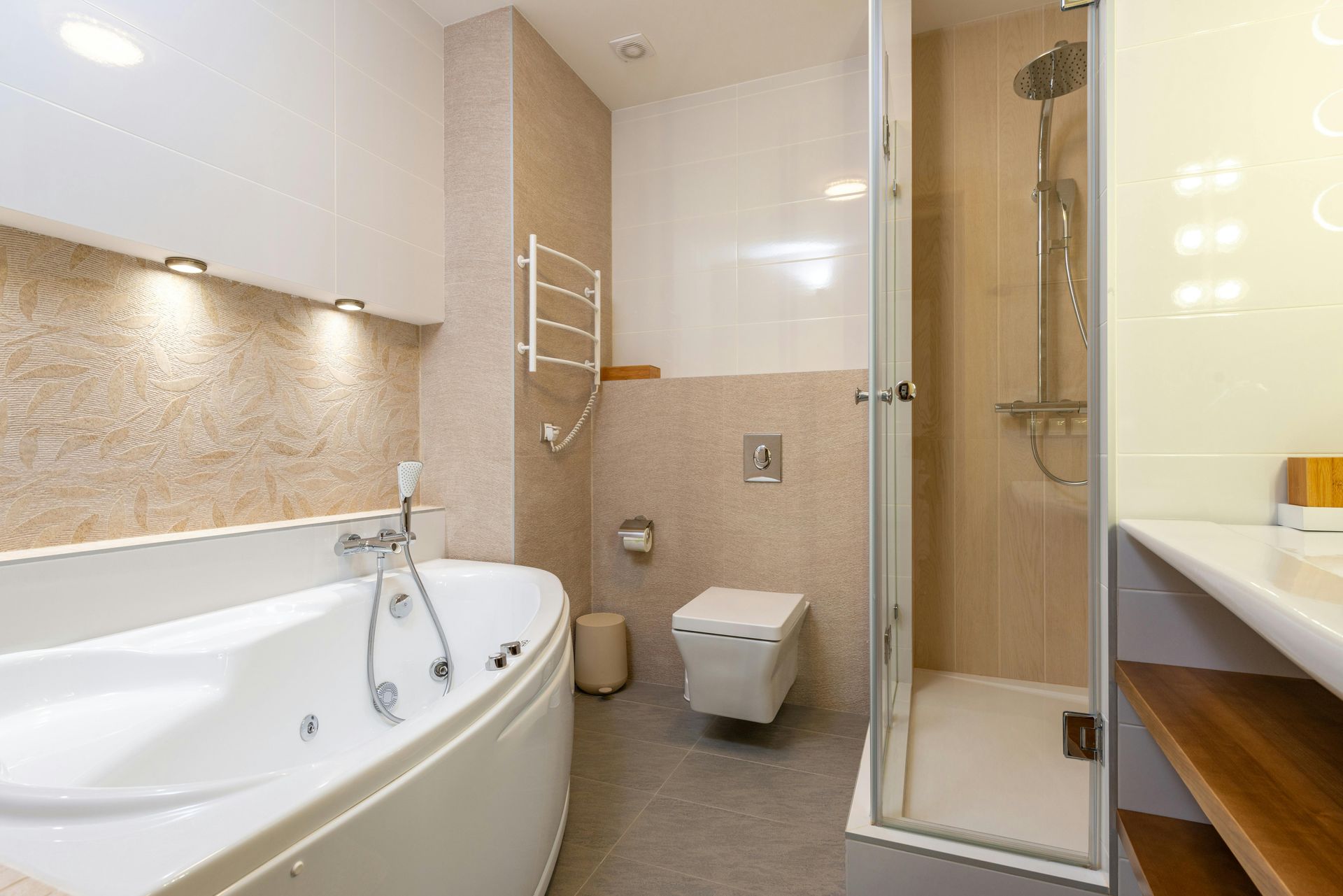5 Ways of Removing Hard Water Stains From Your Shower Glass
There’s something deeply satisfying about a sparkling clean bathroom—until you catch a glimpse of your shower glass and realize it’s covered in stubborn, cloudy spots. These unsightly marks are caused by hard water, and no matter how often you clean, they keep coming back. You scrub, rinse, repeat… and still, the sparkle feels out of reach.
Hard water stains may seem like a cosmetic issue, but they’re more than just an aesthetic nuisance. If left untreated, they can etch into the surface of your glass, permanently dulling its clarity. But don’t worry—there’s hope. With the right knowledge and consistent care, you can banish these stains and restore your shower to its former gleaming glory.
What Temperature Should Your Water Heater Be Set At?
1. Vinegar Power: A Natural Acid That Dissolves Mineral Deposits
When it comes to household heroes, white vinegar is a quiet champion. Hard water stains are caused by mineral deposits like calcium and magnesium, and vinegar, being mildly acidic, is perfect for dissolving these residues.
To start, heat up some white vinegar—just until it's warm, not boiling. Then soak a clean cloth or paper towel in it and press it against the stained area of the glass. Let it sit for 10 to 15 minutes to allow the acid to break down the minerals. Afterward, use a non-abrasive sponge to gently scrub the area. Rinse with water and wipe dry.
This method is safe, affordable, and surprisingly effective, especially for early-stage buildup. Just be careful if you have stone tiles near your shower glass—vinegar can harm natural stone.
2. Baking Soda and Vinegar Combo: A Mild Abrasive Meets Mild Acid
If vinegar alone isn't quite cutting through the grime, it’s time to bring in backup. Baking soda acts as a gentle abrasive that can lift mineral deposits without scratching your glass. When combined with vinegar, it creates a fizzing reaction that helps dislodge stains even more effectively.
Make a paste using baking soda and a few drops of water, then apply it to the glass using a soft cloth. Once it’s coated, spray or dab warm vinegar over the paste. The bubbling reaction starts immediately, helping to loosen stubborn minerals. Let it sit for 5–10 minutes before scrubbing gently with a sponge and rinsing with clean water.
This is particularly helpful for more stubborn stains or if you’re dealing with months (or even years) of buildup.
3. Commercial Cleaners Designed for Hard Water Stains
Sometimes, natural methods need a little help. That’s where commercial cleaners step in. Products designed specifically for hard water stain removal often contain stronger acids like citric acid or sulfamic acid that cut through buildup faster than DIY solutions.
Look for brands that are safe for glass and labeled “hard water remover.” Apply according to the manufacturer’s instructions—usually spraying on, letting it sit, then scrubbing with a non-scratch pad or cloth. Always wear gloves and ensure good ventilation when using chemical cleaners.
A real-world example? Many homeowners swear by Bar Keepers Friend or CLR when vinegar just doesn’t do the trick. However, you should always do a patch test first to ensure your glass or nearby tile isn’t damaged in the process.
4. Lemon Juice and Essential Oils: A Gentle, Fresh-Smelling Alternative
For those looking for a more fragrant, natural option, lemon juice is another acid that works beautifully on light hard water stains. The added bonus? It smells amazing and doesn’t come with harsh chemical odors.
Cut a lemon in half and rub it directly on the stains, squeezing gently to release the juice as you go. Let the juice sit for about 10 minutes, then rinse and wipe clean. If you like, you can also mix lemon juice with a few drops of tea tree oil or eucalyptus oil for their antibacterial properties and pleasant aroma.
This method works best for ongoing maintenance and mild cases, so it’s perfect if you’ve already done a deep clean and just want to stay ahead of future buildup.
5. Razor Blade Scraping: The Last Resort for Extreme Build-Up
When all else fails and your stains have hardened into glass-etched memories, a razor blade might be the last line of defense. But proceed with caution—this method carries risks if done improperly.
Use a flat, clean razor blade held at a 45-degree angle, and gently scrape across the wet glass surface. It’s vital to keep the area well-lubricated with water or cleaner while scraping to avoid scratching the glass. Never use this method on tempered or coated glass, as it can cause permanent damage.
This method is not for the faint of heart, but in some extreme cases, it’s the only way to remove years of neglected buildup.
Ways Your Bathroom Could Be Costing You Money
What Causes Hard Water Stains in the First Place?
Hard water contains a high concentration of minerals, particularly calcium and magnesium. As water evaporates from your shower doors, it leaves behind these minerals, which bond to the surface and gradually build up into a cloudy film. The more frequently you use your shower without wiping down the glass, the more buildup you get.
Over time, these stains can become so embedded that they not only affect appearance but also weaken the integrity of the glass, making it more vulnerable to scratches and etching.
Risks of Ignoring Hard Water Buildup
Leaving hard water stains untreated can lead to long-term consequences. What begins as a cosmetic issue can morph into permanent etching, which no amount of cleaning can reverse. Additionally, buildup can damage metal components like frames and hinges, leading to rust and corrosion. The longer you wait, the more expensive and invasive the solution becomes.
Expert Recommendations for Prevention
Prevention is key. According to cleaning experts and plumbers alike, the best way to deal with hard water stains is to prevent them in the first place. Squeegee your glass after every shower—this one-minute habit can save you hours of future scrubbing.
You might also consider installing a water softener if hard water is a chronic issue in your area. It’s an investment up front, but it pays off in reduced maintenance, longer appliance life, and fewer plumbing issues.
Another expert tip? Use a glass sealant or water-repellent coating. These products create a barrier between water and the glass, making it harder for minerals to stick in the first place.
The Final Wipe: Don’t Let Hard Water Dull Your Shine
Your shower should be a place of relaxation, not frustration. Hard water stains might be stubborn, but they’re not unbeatable. Whether you go the natural route with vinegar and lemon or call in chemical reinforcements, consistency is the real secret weapon. Clean regularly, wipe down after each use, and invest in preventive strategies to make your life easier in the long run.
Glass doesn’t have to stay cloudy. With the right methods, a little patience, and smart upkeep, your shower can stay sparkling clear—and so can your peace of mind.


